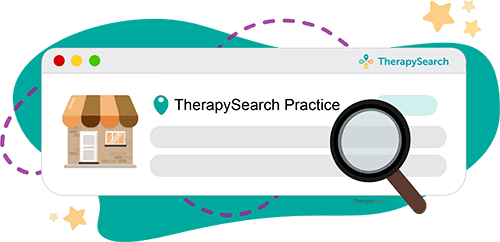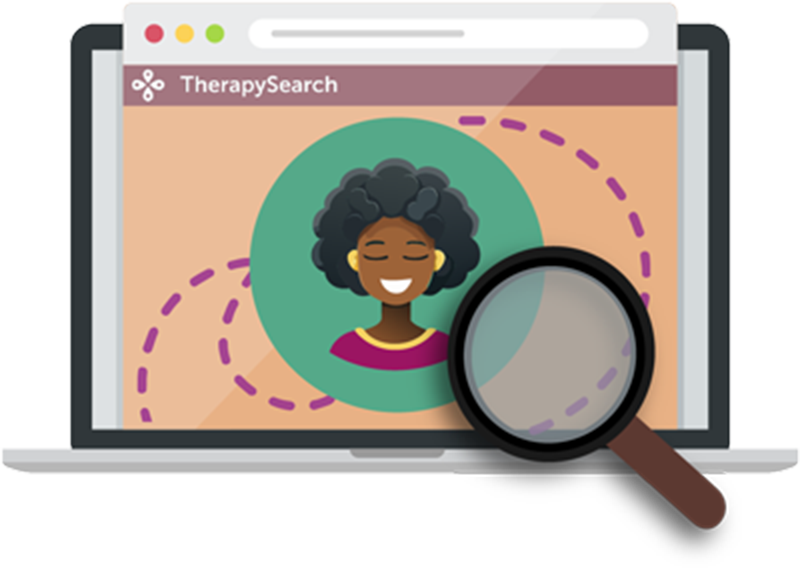5 Ways to Use Facebook to Grow Your Private Practice
By Amanda Patterson, LMHC on December 26, 2018

Most therapists know that social media marketing, especially on Facebook, is an important strategy to building a successful private practice. What is not always so clear is exactly how to use Facebook to get more clients and create a thriving brand for your practice.
Here are the five top ways therapists can use Facebook in order to grow their private practice.
1. Post Content Relevant to Your Niche Everyday
Consistently post content that is relevant to your niche. You can share links to your blog posts or other professionals' blog posts, pictures, quotes with pictures, or informative articles or videos. Your main goal here is to establish yourself as an expert and drive people to your website.
2. Do Facebook Live Videos Regularly
If Facebook Live scares you, work through your fears with deep breathing exercises, CBT, or any other strategies you regularly teach your clients to use in order to move past your fears. Your potential clients want to see you and get to know you before they book an appointment. Start by doing one video a week about your niche. Pick a topic you a comfortable talking about for 5–10 minutes. Be sure to include a link to your website or to a freebie you are giving away in order to grow your mailing list. Schedule your Facebook Live videos, create images to promote it, create an event and invite people, and promote it every week. If you're keen to make high quality videos, order a microphone and lighting kit to make them even better.
3. Join Local Therapy Facebook Groups
There are tons of local Facebook groups popping up for therapists. Find all of the ones that are local to your community, join them, and start engaging in these groups. Share your Facebook business page on a regular basis. Comment and share resources when they are asked for. Eventually, you will be well-known in the group, and when people start looking for a therapist with your niche, you can tag yourself, or other people will begin to tag you. First, a word of advice about these groups: read the rules and follow them. You don’t want to accidentally spam a group or get removed.
4. Join Larger Therapy Facebook Groups Like My Private Practice Collective
These types of groups have a plethora of practice building tools and allow you to connect with people from across the nation and even around the world. They tend to be very active with multiple posts a day, and it's not uncommon for people to ask for referrals in your area in these groups. Join larger Facebook communities and interact on a regular basis, and you’ll start to create connections that can lead to referrals for your practice.
5. Create Your Own Facebook Group for Your Niche
Starting your own Facebook group is another great strategy to establish yourself as an expert and potentially get leads for your practice. For instance, if you specialize in postpartum depression, start a resource group for expecting and new mothers. Share relevant content to the group regularly. Not everyone in your group will need a referral, but when they do, you’ll be the first person they think of.
Social media marketing takes time and commitment, so think of this as a long-term strategy rather than an immediate funnel for your practice. Try these five strategies, and test what works best for you. The sooner your start marketing on Facebook, the sooner your practice will start to see the benefits.
Before you get started, be sure to create a Facebook Business Page for your practice. This helps you keep your personal and professional profiles separate. Create groups from your Business Page so that you aren't running them from your personal page, and use your personal Facebook profile when joining other people's Facebook groups. Additionally, be sure to check the security settings on your personal profile to ensure that you have the privacy restrictions that you want. For additional information on responsible social media usage, read 4 Tips for Using Social Media Responsibly to Market Your Practice.
And on a final note, if you don't already have one, it's important to implement a social media policy and review it with your clients during their first session. Remember: Facebook marketing is about creating awareness of your practice and fostering relationships with other therapists and potentials clients.
* The content of this post is intended to serve as general advice and information. It is not to be taken as legal advice and may not account for all rules and regulations in every jurisdiction. For legal advice, please contact an attorney.
About Amanda Patterson, LMHC
Get more content like this, delivered right to your inbox. Subscribe to our newsletter.
More Content You'll Enjoy

Converting Clients

What's New: Introducing Practice Profiles in TherapySearch!
